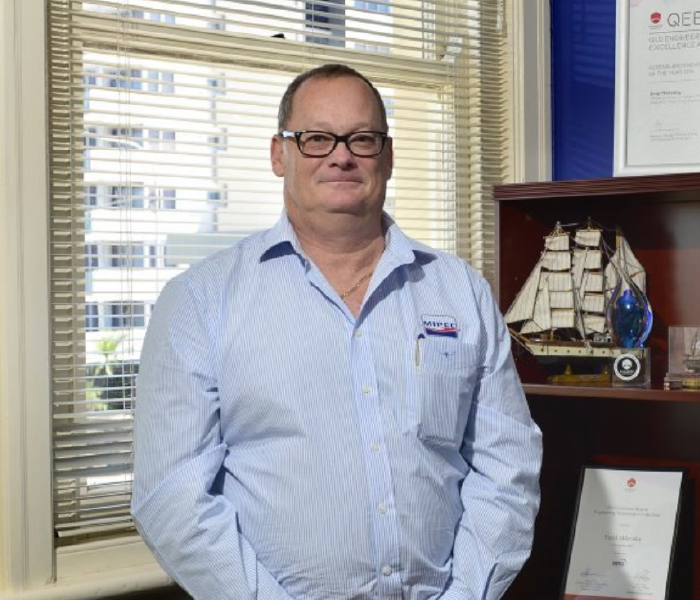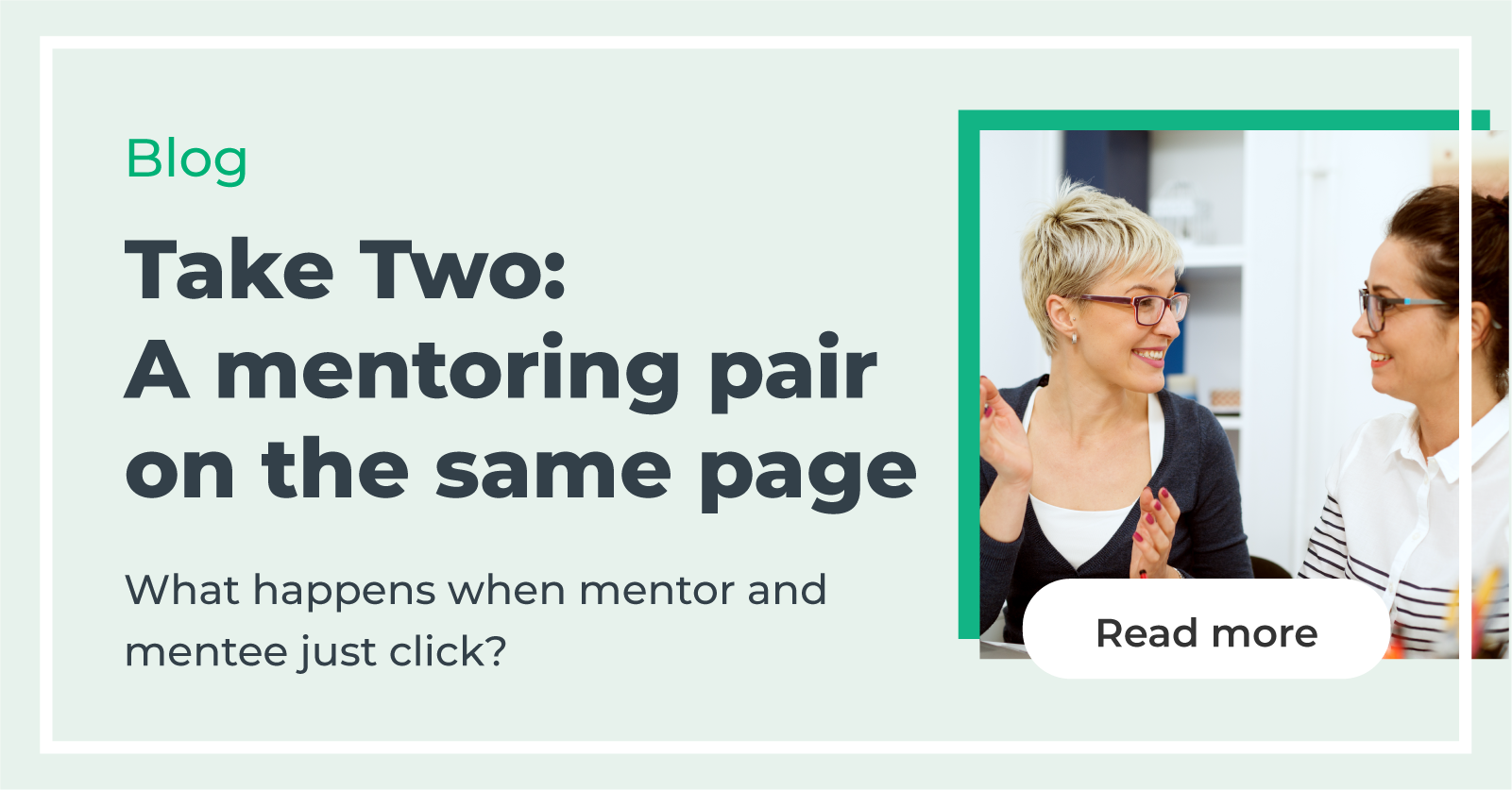By Peter Russo FIML
In front of you lays an ever-increasing amount of distressing news, and growing uncertainty. It’s hard to see what your workplace tomorrow, let alone later today, will look like. Your staff are also confronted by this, becoming increasingly apprehensive, which weighs heavily on them – a knot is building in your stomach. The obstacles perhaps seem insurmountable, and your attempts to find answers just create more questions. You are dealing with an unprecedented event in modern times, and it is now, more than ever, a time to become people-centric as a leader. When the mechanical aspects of business seem to be in seizure, you need to draw on the more visceral attribute of leadership – being human.
Throughout history there are multiple examples where collaboration underwrote the resilience for a group to overcome adversity. The remedy to our current state of affairs is no different. Therefore, it’s vital that you are engaging your staff about not only the economic realities facing your business, but the human aspect. The only way to do this is by showing empathy and dealing with facts.
Why empathy and truthfulness matter
In today’s world people are faced with an incredible number of opinions, some of which are generated with the intent to sensationalise. This creates anxiety, and only acts in the interest of derision as a community.
Your message must be clear, empathetic and constructive. No one has all the answers, but you – as a leader – can provide them with a feeling of security, and you shouldn’t be afraid to admit you don’t know. It’s support, not false-hopes, that will bind your team and ensure you’re moving together in the right direction.
The 24-hour news cycle, and the relentless bombardment of news only acts to aggravate fear and panic. What your staff really need is a clear, concise and candid outlining of facts.
What you can do as a leader
Here are some ideas on how to provide empathetic and factual communication during uncertain times:
- Give regular updates. Do it often and in simple digestible portions. As a suggestion, at least every second day and more often for staff who have been isolated or working from home for an extended period.
- Provide timely information. Tell your teams what you know now rather than waiting until you have all the answers. Use all appropriate channels to communicate new information regularly.
- Do not exaggerate. Whether it is good or bad, stick to the facts. Do not simply look for a positive spin.
- Use a collaboration of ideas. Often staff have sound ideas that can help. Be prepared to unpack those ideas and push them up the organisational chain. In adversity, very few ideas are considered bad ideas as everyone has a part to play.
- Recognise and acknowledge emotions. Understand the behaviours we see are the proverbial tip of the iceberg; the result of the underlying emotions, including fear, doubt and concern. Have open conversations to help allay fears.
- Be open and honest. It is very important to ensure you keep your staff in the loop on how decisions are made and what considerations are being taken.
- Make yourself available. Finally, check-in with your staff. Sometimes a simple ‘how are you?’ can break down barriers resulting from isolation.
The challenges we are facing are unprecedented in modern times. The foundations of our society are being tested, and we ought not forget that. Social distancing is impacting the fabric of our communities and how we collaborate. For many, the work environment, whether it be virtual or physical, is now their sole community linkage and it is essential they maintain a sense of belonging in such an environment. Remember, adversity builds character and over the longer term can bring people together. Create the work community that helps bring staff together and that has some semblance of normal, in a not so normal world at present.
No matter how this turns out, your business will invariably reshape. You therefore are tasked with quite an exciting opportunity – to use a crisis to embed humanistic leadership practices.
Peter Russo is a sessional lecturer at RMIT University and the founder of Engaging Leaders, a professional training and coaching consultancy.






 Kooyela believes that the challenge isn’t exclusive to leadership and management in the industry – there simply isn’t a solid pipeline of young women entering the workforce in this field.
Kooyela believes that the challenge isn’t exclusive to leadership and management in the industry – there simply isn’t a solid pipeline of young women entering the workforce in this field.




